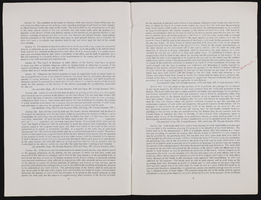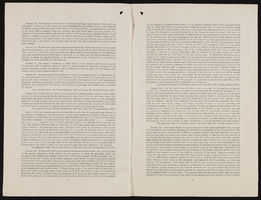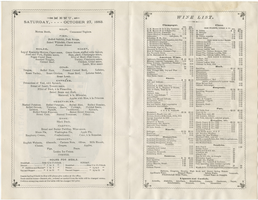Search the Special Collections and Archives Portal
Search Results
Kirsten Searer (Nevada Public Education Foundation) oral history interview conducted by Magdalena Martinez and Taylor Cummings: transcript
Date
Archival Collection
Description
From the Lincy Institute "Perspectives from the COVID-19 Pandemic" Oral History Project (MS-01178) -- Education sector interviews file.
Text
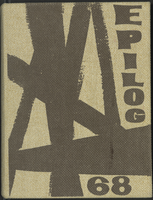
Epilogue: Nevada Southern University Yearbook, 1968
Date
Description
Yearbook main highlights: schools and departments; detailed lists with names and headshots of faculty, administration and students; variety of photos from activities, festivals, campus life, and buildings; campus organizations such as sororities, fraternities and councils; beauty contest winners; college sports and featured athletes; and printed advertisements of local businesses; Institution name: Nevada Southern University, Las Vegas, NV
Mixed Content
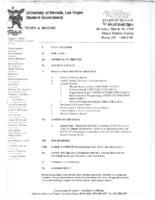
Meeting minutes for Consolidated Student Senate University of Nevada, Las Vegas, March 16, 1998
Date
Archival Collection
Description
Text

Transcript of interview with Lilly Fong by Annie Yuk-Siu Shum, February 29, 1980
Date
Archival Collection
Description
Text
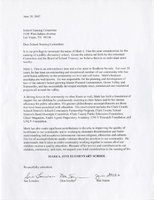
Application and supporting documents for the naming of Mark L. Fine Elementary School, 2007
Date
Archival Collection
Description
The application and supporting documents provide details about Mark Fine and his contributions to Clark County and Las Vegas, Nevada. There are letters of support from many members of the community, including his children and elected officials, and from leaders in religious groups, non-profit organizations and business enterprises.
Text

Meeting minutes for Consolidated Student Senate University of Nevada, Las Vegas, March 3, 1988
Date
Archival Collection
Description
Text
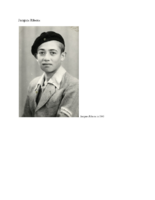
Biographical essay by Jacques Ribons, 2014
Date
Archival Collection
Description
Jacques Ribons describes his life during the Nazi occupation of Poland. During the liquidation of the Jewish ghetto, his family decided to turn themselves in to the Germans. They were sent to a prison and separated. He and his brother survived and went to France with the OSE, and came to the United States in 1947.
Text

